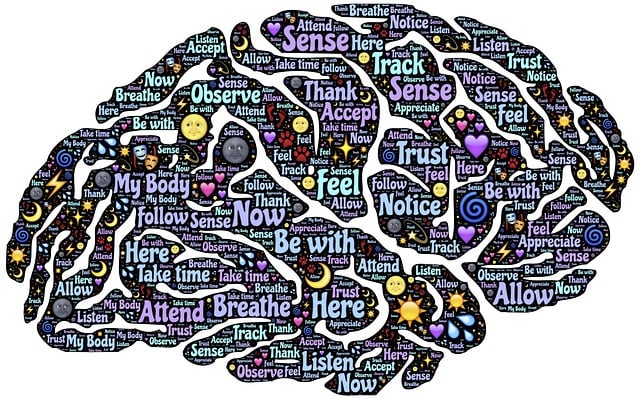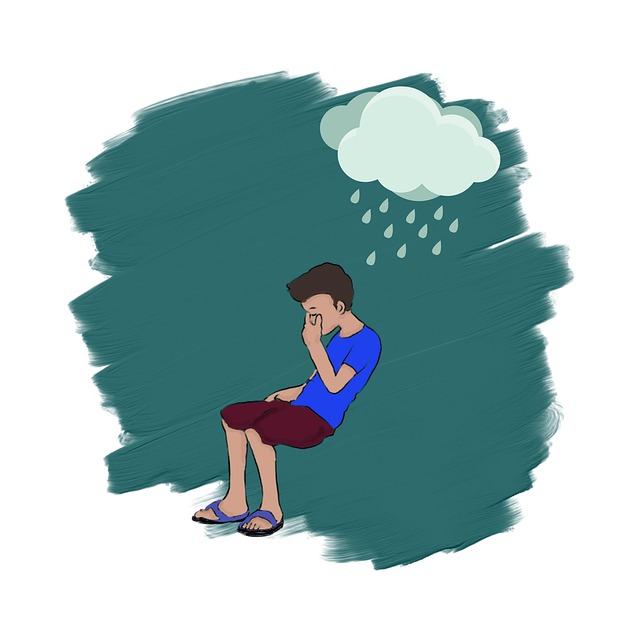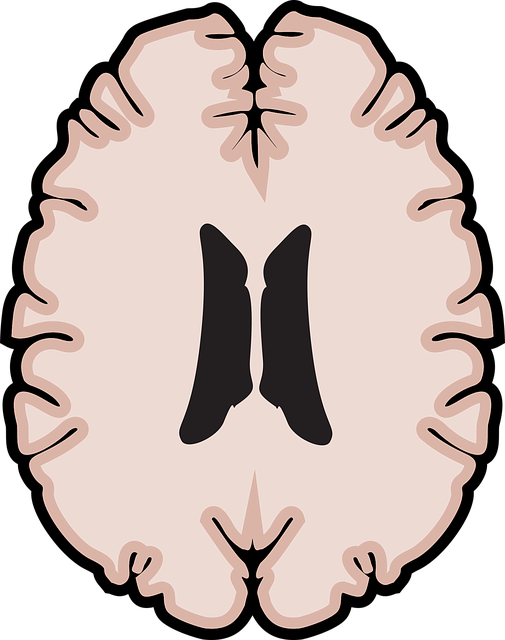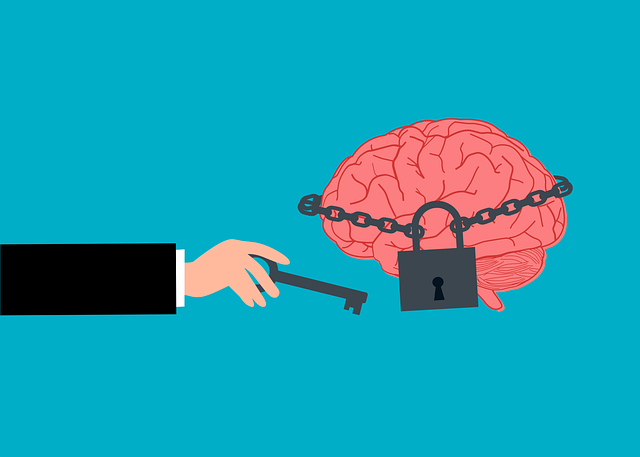Louisville Cognitive Behavioral Therapy (CBT) offers a powerful approach to mental health management. When combined with accessible digital platforms, it empowers individuals to take control of their emotional well-being. Louisville CBT apps provide personalized therapy programs, interactive exercises, and mood tracking, making evidence-based therapy convenient and non-stigmatized. Through market research, development, testing, and marketing, these apps cater to diverse user needs, promoting mental health resilience in the fast-paced urban environment of Louisville.
“Uncovering the Power of Louisville Cognitive Behavioral Therapy (CBT) through Digital Innovation: An Introduction to Mental Wellness App Development. This comprehensive guide explores the potential of CBT apps in addressing modern mental health challenges. We delve into the core principles and advantages of this evidence-based therapy, identifying a growing market need for accessible solutions. From understanding target audiences to defining app features and development strategies, this article navigates the process of creating effective digital tools for better mental wellness.”
- Understanding Louisville Cognitive Behavioral Therapy (CBT): Principles and Benefits
- Market Need and Target Audience for Mental Wellness Apps
- Key Features and Functionality of an Effective CBT App
- Development Process, Testing, and Launch Strategy for Your Mental Health App
Understanding Louisville Cognitive Behavioral Therapy (CBT): Principles and Benefits

Louisville Cognitive Behavioral Therapy (CBT) is a highly effective form of psychotherapy that focuses on identifying and changing negative thought patterns and behaviors. This therapeutic approach is based on the understanding that our thoughts, feelings, and actions are interconnected, and by modifying these thought processes, individuals can experience significant improvements in their mental health and overall well-being. CBT emphasizes the present and aims to equip clients with practical tools to manage their emotions and challenges more effectively.
The principles of Louisville CBT involve helping individuals become aware of their automatic negative thoughts and beliefs, challenging these distortions, and replacing them with more realistic and adaptive thinking patterns. This process encourages positive behavioral changes and promotes mental health resilience. Research has shown that CBT is beneficial for a wide range of mental health concerns, including depression, anxiety disorders, trauma, and stress-related issues. It fosters self-awareness, empowers individuals to take control of their mental wellness, and offers long-lasting coping strategies, making it a valuable tool in the field of mental healthcare, especially when combined with Mental Health Policy Analysis and Advocacy and efforts to raise Cultural Sensitivity in Mental Healthcare Practice.
Market Need and Target Audience for Mental Wellness Apps

In today’s fast-paced world, mental wellness is a growing concern for individuals across various demographics. This need is particularly pronounced in urban centers like Louisville, where high stress levels and demanding lifestyles can take a toll on one’s mental health. Cognitive Behavioral Therapy (CBT), known for its effectiveness in treating anxiety, depression, and other common mental health issues, has seen increased interest from tech-savvy users seeking accessible solutions. Therefore, there is a substantial market demand for user-friendly mental wellness apps that offer CBT techniques and tools, particularly targeting individuals who may not have easy access to traditional therapy services.
The target audience for these apps includes young professionals, students, and anyone experiencing stress, anxiety, or minor depressive episodes. These individuals often seek convenient, affordable, and non-stigmatized ways to manage their mental health alongside their busy schedules. Crisis intervention guidance and community outreach program implementation through digital platforms can further enhance accessibility, ensuring that users receive the necessary support during challenging times. By addressing these needs, mental wellness apps have the potential to foster a healthier and more resilient community in Louisville and beyond.
Key Features and Functionality of an Effective CBT App

An effective Cognitive Behavioral Therapy (CBT) app should incorporate several key features to enhance user engagement and mental wellness outcomes. First, it must offer structured and personalized therapy programs tailored to individual needs, whether for stress management, anxiety reduction, or mood disorder treatment. These programs should include interactive exercises like cognitive restructuring, exposure therapy, and mindfulness practices, all designed to help users challenge negative thought patterns and develop healthier coping strategies.
Additionally, the app should foster continuous monitoring and progress tracking. Features such as mood diaries, meditation timers, and reflective prompts enable users to actively engage with their mental health daily. Integration of positive thinking techniques and resilience-building exercises can further strengthen the app’s effectiveness in promoting mental well-being. By combining evidence-based therapy methods with user-friendly design, a Louisville Cognitive Behavioral Therapy app can empower individuals to take control of their mental health and cultivate lasting improvements.
Development Process, Testing, and Launch Strategy for Your Mental Health App

The development process of a mental wellness app, such as those offering Louisville Cognitive Behavioral Therapy (CBT) techniques, involves several key steps. Initially, conduct thorough market research to understand user needs and preferences, ensuring your app stands out in a competitive landscape. Define specific features based on this research, like incorporating self-awareness exercises or confidence-boosting activities tailored for CBT. Engage experienced developers who can translate these ideas into functional, user-friendly software, adhering to industry standards and best practices.
Testing is paramount to ensure the app’s effectiveness and safety, especially in the sensitive field of mental health. Conduct rigorous beta testing involving a diverse group of users to gather feedback on usability, performance, and potential risks. This stage also includes a thorough risk assessment for mental health professionals to guarantee patient data security and ethical compliance. Post-testing adjustments refine the app, making it ready for launch. A strategic launch plan can involve targeted marketing campaigns highlighting the app’s unique value proposition, like accessible Louisville CBT therapy tools, to attract users seeking improved self-care options.
The development of mental wellness apps, particularly those focusing on Louisville Cognitive Behavioral Therapy (CBT), presents a promising avenue to enhance accessibility and effectiveness in mental health support. By understanding the core principles and benefits of CBT, identifying market needs, and incorporating key features, developers can create impactful apps that cater to diverse user audiences. A well-planned development process, rigorous testing, and strategic launch are essential to ensure these apps meet high standards and make a positive difference in users’ lives, revolutionizing mental healthcare access in Louisville and beyond.














